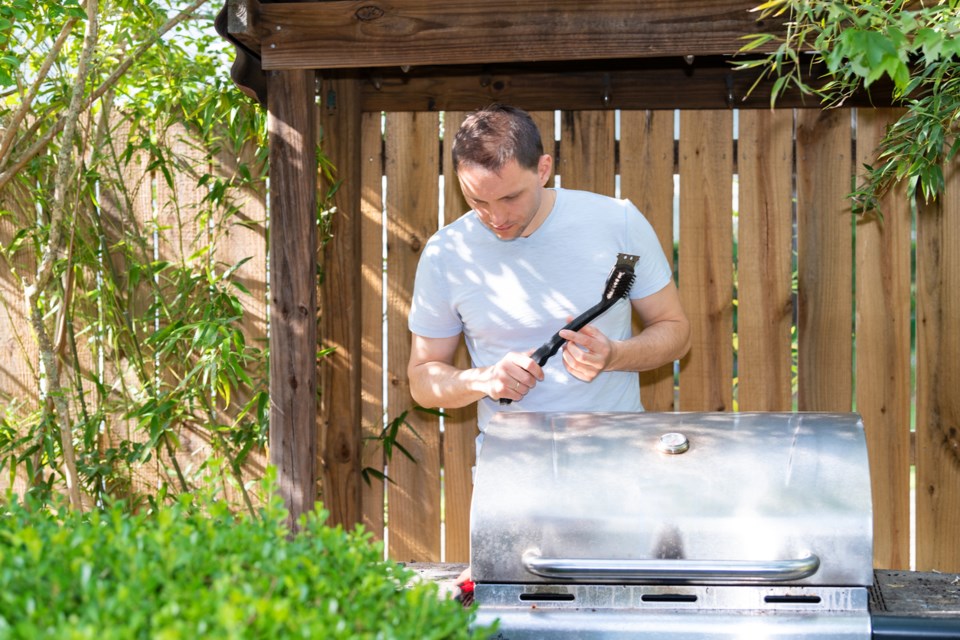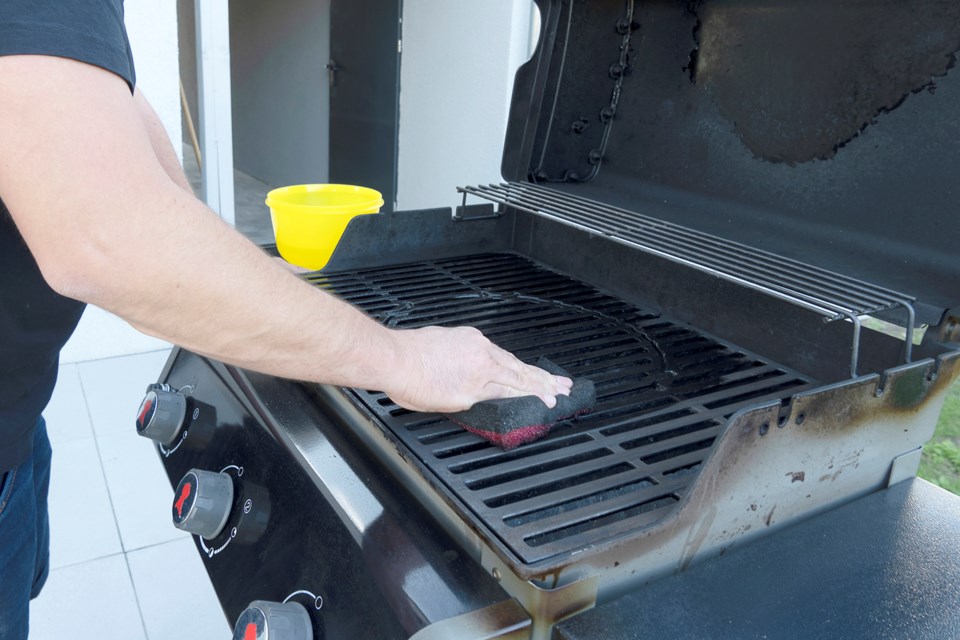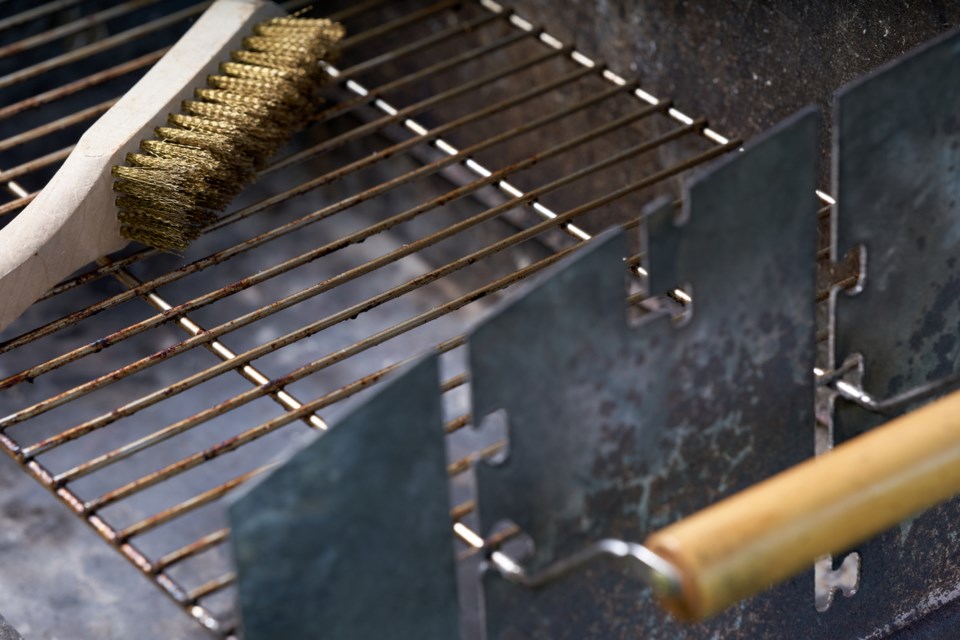Firing up the barbeque is a quintessential Canadian summer pastime. But in addition to ensuring proper food handling, there are several safety tips home cooks should keep in mind to avoid unexpected mishaps, starting with scrapping your wire barbeque cleaning brush for a safer alternative.
Almost every summer, there are reports of people sustaining serious personal injuries resulting from unknowing ingestion of wire bristles, many requiring surgical repair and a lengthy recovery process.

Most barbeque cleaning brushes have short, thin wire bristles. These bristles can detach from the brushes and stick to the grills, where they transfer unseen into food and are ingested. Once ingested, bristles can become lodged in the digestive system and cause excruciating pain and can puncture the esophagus, abdomen or intestines. In some cases, doctors can extract the wires early on; other times, laparoscopic surgery is required for deeply embedded wires.
Common symptoms that indicate you have accidentally eaten a wire bristle can include sudden onset of swallowing difficulties, throat pain, pain with swallowing, globus sensation (the feeling of a lump in your throat), and/or abdominal pain.
The problem is serious enough that both Health Canada and the U.S. Centre for Disease Control have taken notice. In the U.S., wire brushes were the cause of approximately 1,700 emergency room visits between 2002 to 2014, according to a study published in the journal of Otolaryngology-Head and Neck Surgery.
Health Canada recently developed safety standards requiring wire barbecue brushes to include a warning label and undergo testing to reduce the risk of bristles detaching. Health Canada urges Canadians “to inspect your BBQ brush before each use and throw it away if you notice that the bristles are loose or stuck to the grill.” If you’re looking for a safer alternative to a wire grill brush, you can clean your grill with aluminum foil or a nylon brush. You should also wipe your grill down with a cloth to ensure no debris is left on your grill.

Ensuring your grill is properly cleaned after every use is also essential to help reduce the risk of fire, because build-up on your grill can lead to fire. You should have a portable fire extinguisher handy any time you’re operating your grill.
To help further reduce the risk of fire, your barbeque should only be used outdoors, in a well-ventilated area and at least three metres away from any other structures, as well as eaves or overhanging branches.
Other safety tips from the Canadian government include keeping children and pets a safe distance from the barbeque, never leaving your grill unattended when it’s in use, and using long-handled cooking utensils to reduce your risk of burns. Lastly, if you smell gas while cooking, you should immediately move away from the grill and call the fire department.
These tips should help you enjoy a safe and happy grilling season.
